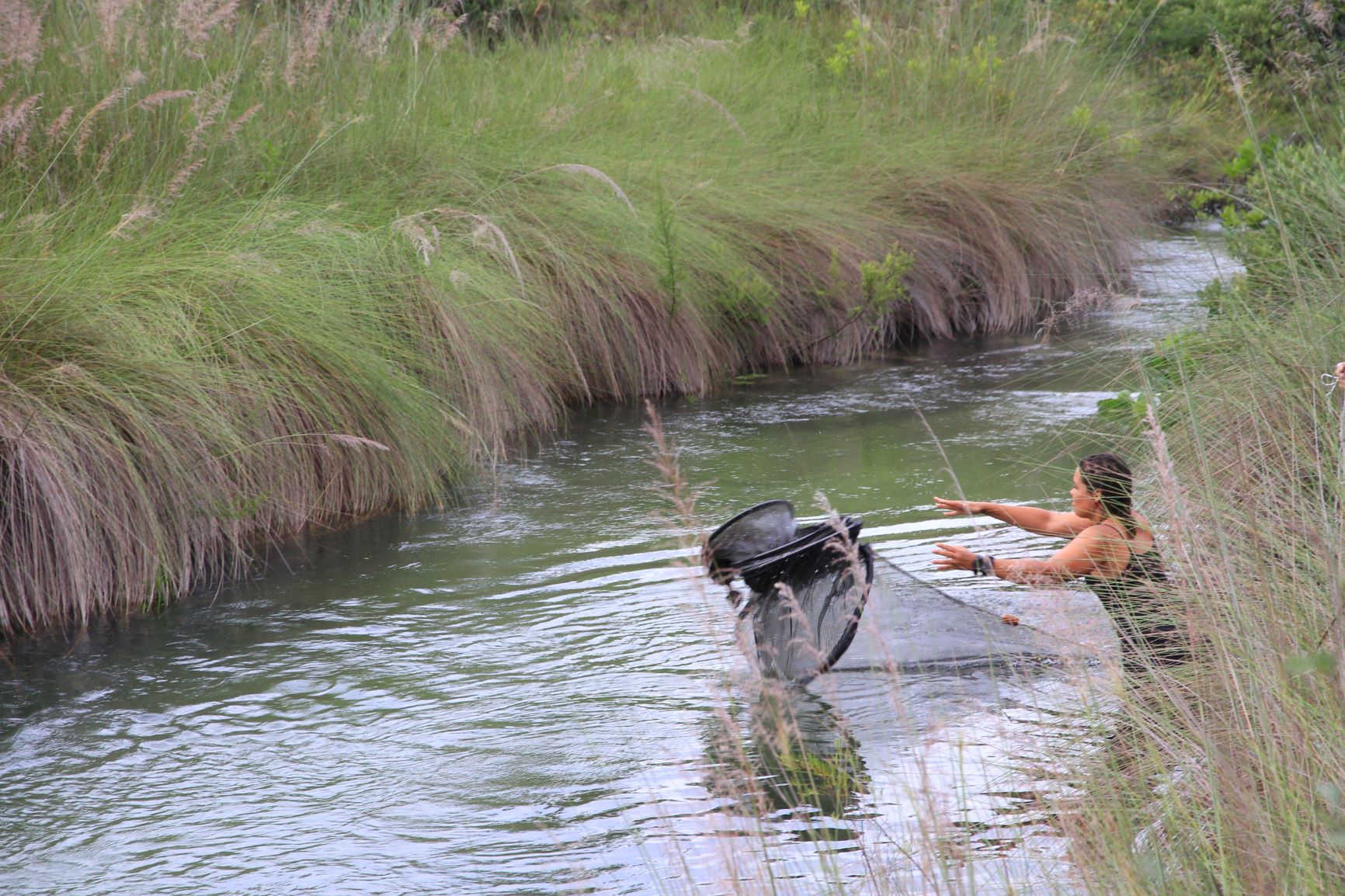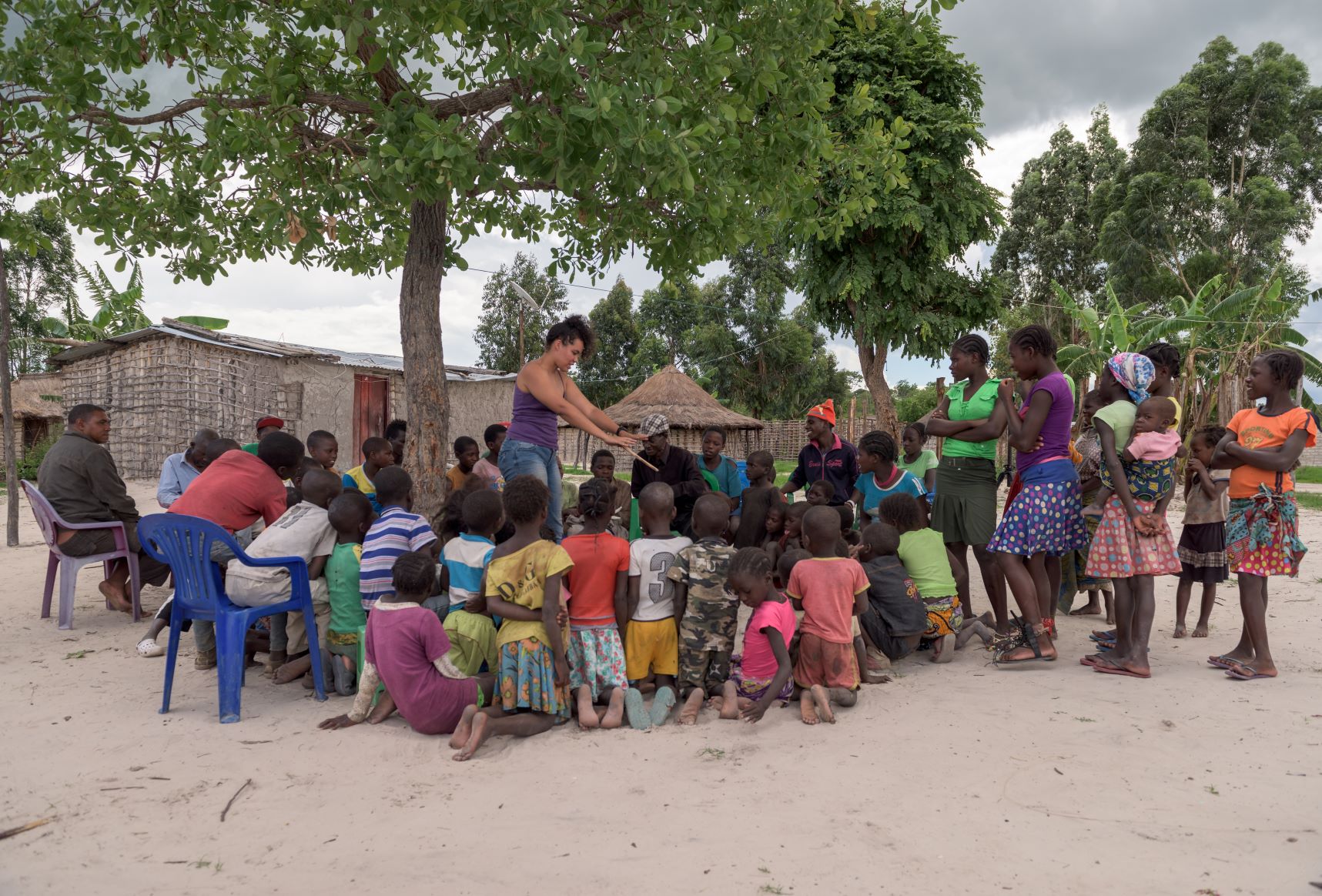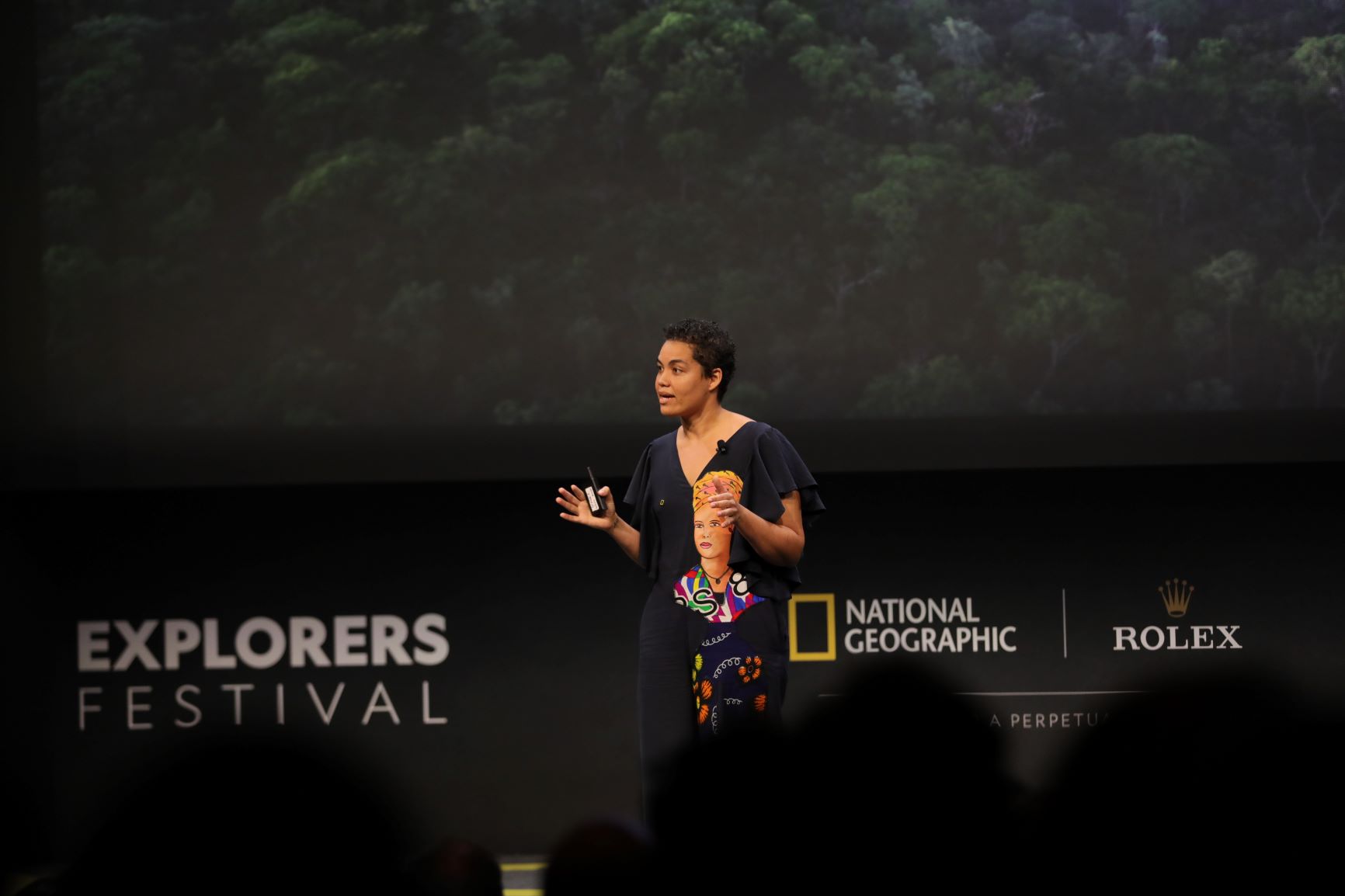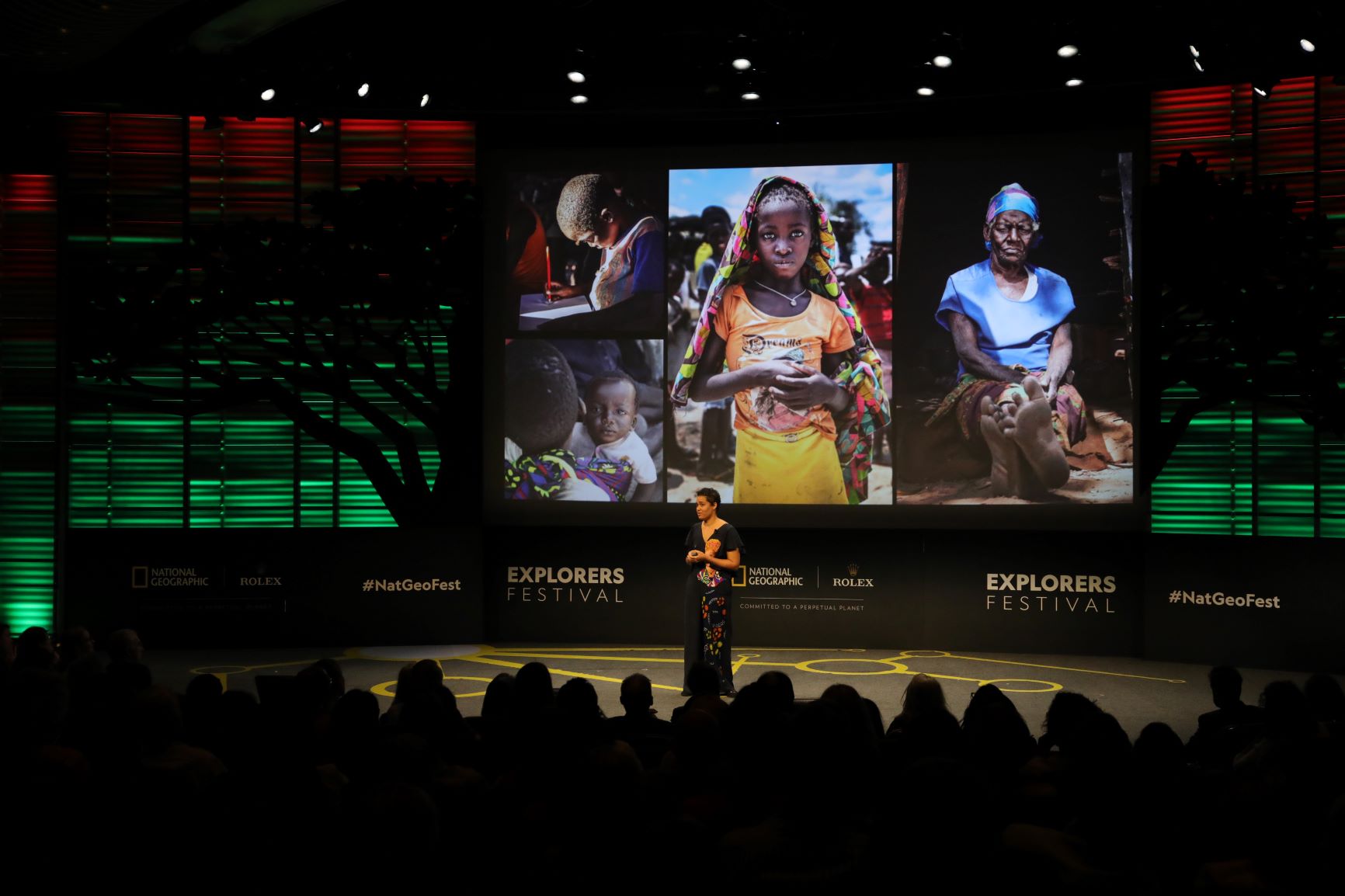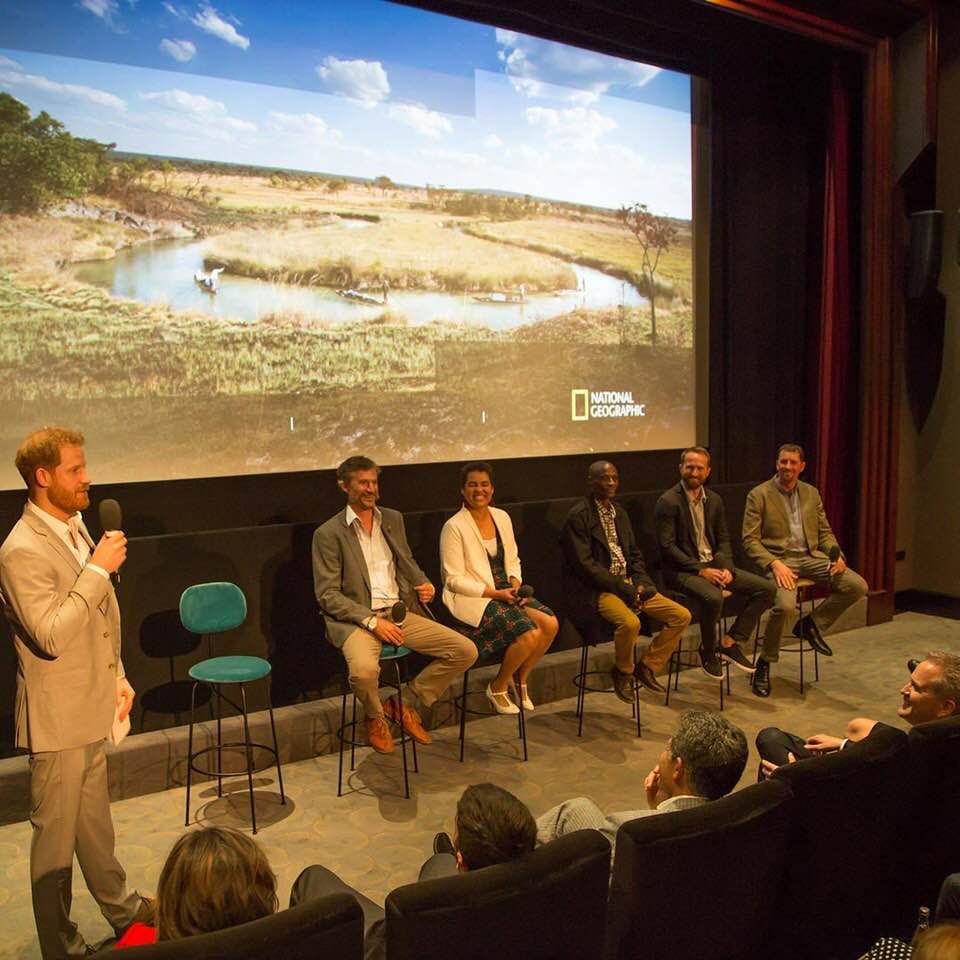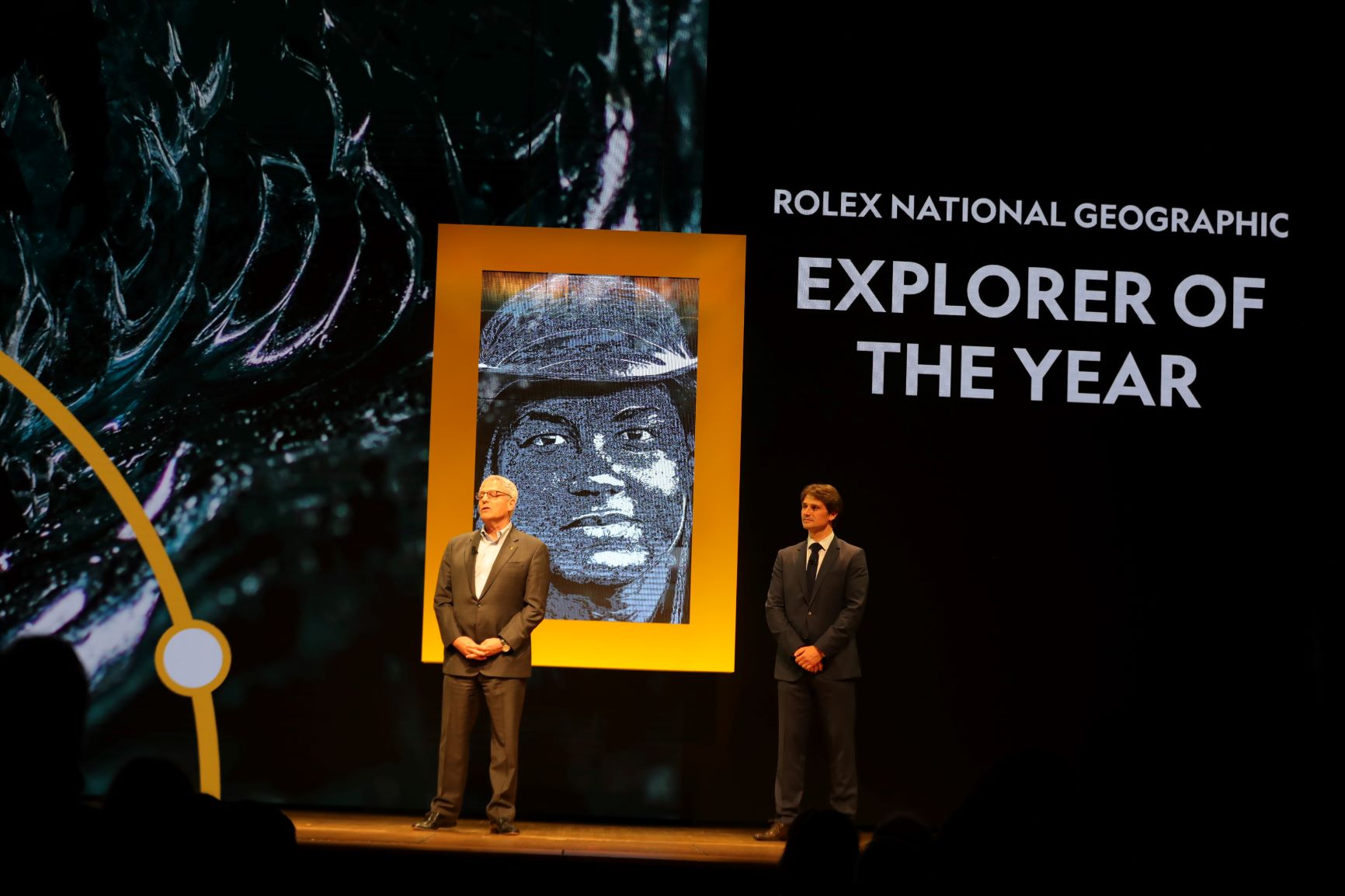Adjany Costa
Research Students
Passionate about the wilderness, all my professional and academic milestones were aimed around the prospect of contributing to the protection of wildlife and its surrounding environment. I obtained my B.Sc. in Biology in 2010 working with marine turtles, where my research discovered a new mitochondrial haplotype of the Olive ridley (Lepidochelys olivacea), exclusive to Angola. This finding reinforced the need to expand the conservation efforts of the Kitabanga Project, the only Angolan marine turtle conservation project, where I volunteered for 6 years. In 2012 I was awarded a scholarship for the Erasmus Mundus Joint Degree M.Sc. in Marine Biodiversity and Conservation, where I had the privilege to conduct several research projects in some of the best marine research institutions in Oviedo (Spain), Faro (Portugal), Crete (Greece), Ghent (Belgium), Bremen and Bremerhaven (Germany),
In between both degrees I worked extensively with environmental consultancy. I was mostly involved with Environmental Impact Assessment Studies and Monitoring Programs for aquatic environments, both marine and continental. With a great ichthyology component, this involved measuring environmental parameters to determine the health of water bodies around the entire country. My field work experience became even more extensive when I joined the National Geographic Okavango Wilderness Project in 2015, as part of their Ichthyology team. The concept was to navigate the entire length of the main tributaries of the Okavango basin, registering the wildlife encountered. My contribution has led to the discovery of 24 potentially new species to science in the Angolan Highlands, 4 of which fish that are now in the process of being described for publishing.
In 2016 I became the project’s Country Director for Angola, where I had the possibility to gain experience with the policies, politics and decision-making processes behind conservation. Simultaneously, I started working with communities on education outreach activities for both adults and children in the Angolan highlands. Both these experiences have made me realize natural science and research would never be sufficient to activate conservation in such a vast landscape if not coupled with national policies and involving communities. That is when I stepped down from the project to pursue my DPhil with WildCRU, working to develop a bottom-up Community Based Natural Resource Management Model (CBNRM), tailored to the needs, believes, traditions and aspirations of the local Luchaze people, in Eastern Angola. The aim is to couple research and traditional knowledge to improve policy making, achieving maximum and realistic protection of wildlife and natural resources by tackling poverty through the introduction of alternative livelihoods in poor and remote rural communities.
Additionally, I am a 2017 National Geographic Emerging Explorer, 2019 National Geographic Explorer of the year (as a member of the NGOWP), a 2019 UN Young Champion of the Earth for Africa, a member of the IUCN Freshwater Conservation Committee and in the process of co-founding an all Angolan foundation that aims at protecting the wilderness of Angola through CBNRM.






